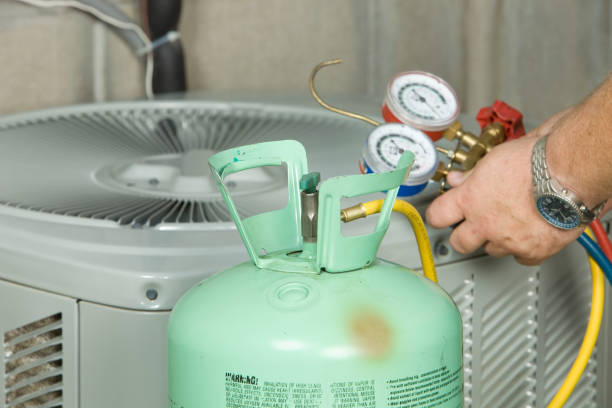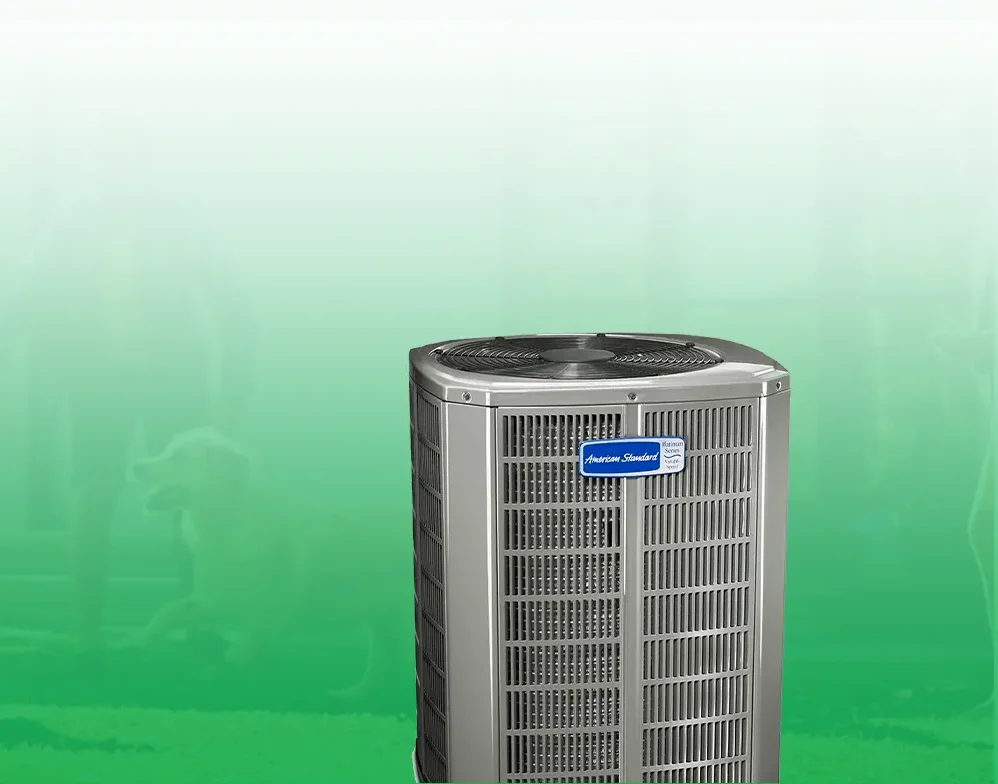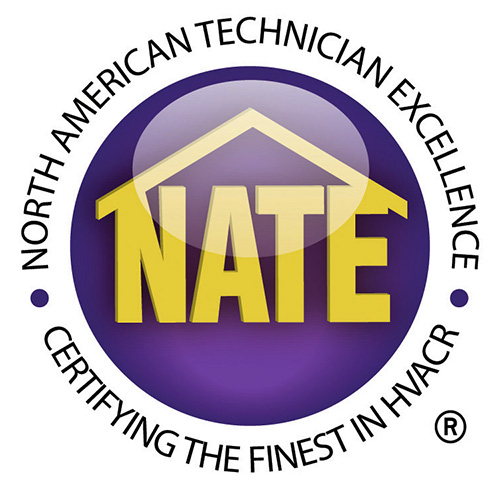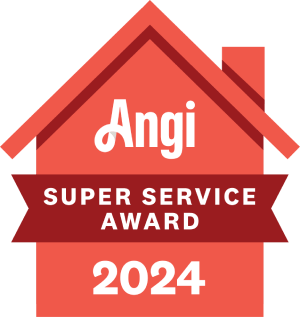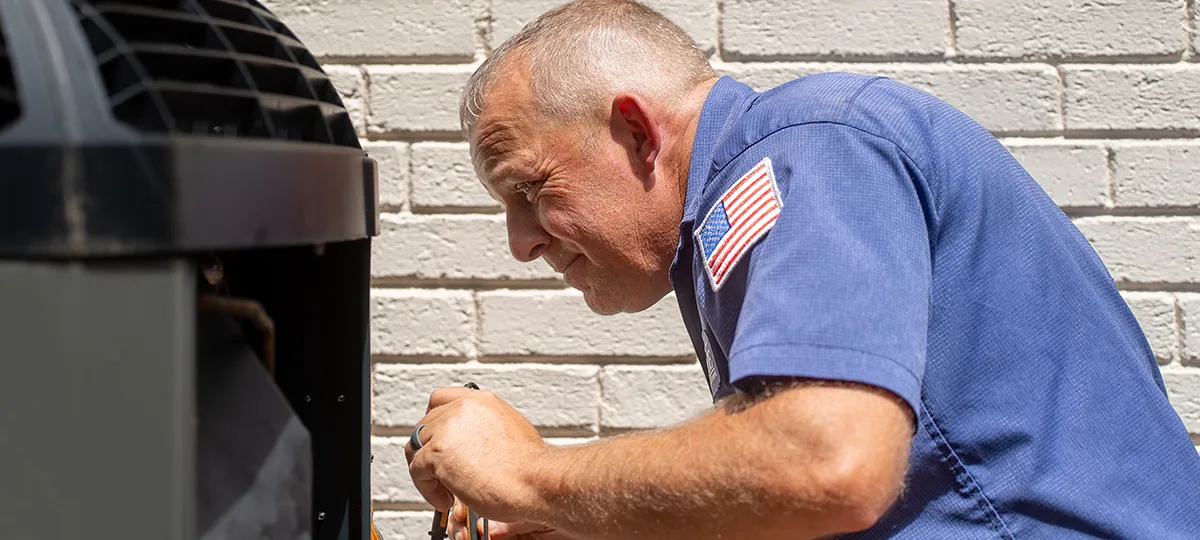At Horne HVAC Charlotte, we’ve been serving the greater Charlotte area for over 40 years, and one thing that’s constant in the HVAC industry is change—especially when it comes to refrigerants. In 2024 and 2025, new refrigerant regulations are coming into effect that will impact both HVAC contractors and homeowners alike. These changes are driven by environmental concerns and affect everything from the types of refrigerants we use to how we repair and install HVAC systems.
A Brief History of Refrigerants
Refrigerants have evolved quite a bit over the decades, starting with CFCs (Chlorofluorocarbons) like R-12, which were popular until it was discovered that they were damaging the ozone layer. This led to the Montreal Protocol of 1987, which mandated the phaseout of CFCs.
Next came HCFCs (Hydrochlorofluorocarbons), including R-22, which had less impact on the ozone but still contributed to global warming. R-22 was phased out in 2020. To replace it, HFCs (Hydrofluorocarbons) like R-410A became the standard. While HFCs don’t affect the ozone layer, they still have a high Global Warming Potential (GWP), contributing to climate change. That’s where today’s changes come into play. The industry is now shifting to low-GWP refrigerants, such as R-32 and R-454B, which are less harmful to the environment.
What’s Changing in 2024 and 2025?
- Phasing Down HFCs Like R-410A:
- The American Innovation and Manufacturing (AIM) Act mandates a gradual reduction of HFCs, including R-410A, which is still commonly used in many HVAC systems. By 2036, the EPA aims to reduce HFC consumption by 85%. In 2024 and 2025, we’ll see further restrictions on the availability of these refrigerants, meaning the cost of servicing older systems with R-410A will continue to rise.
- Switching to Eco-Friendly Refrigerants:
- As part of this transition, newer, more environmentally friendly refrigerants like R-32 and R-454B are becoming the norm. These alternatives have significantly lower GWP than R-410A, helping reduce greenhouse gas emissions. If you’re considering upgrading your HVAC system in the next few years, it’s very likely the new system will use one of these refrigerants.
- Efficiency Standards:
- The U.S. Department of Energy has implemented new energy efficiency standards for HVAC systems, which came into effect in January 2023. These standards are aimed at making HVAC systems more efficient and eco-friendly, further encouraging the use of low-GWP refrigerants. These changes will continue to be enforced and expanded in 2024 and 2025, so any new system you install will be required to meet these higher standards.
What Does This Mean for Installing a New System vs. Repairing an Older One?
If you’re wondering how these changes will affect you, let’s break down the differences between installing a new system and repairing your existing one.
- Installing a New System:
- Compatibility with New Refrigerants: New systems designed for low-GWP refrigerants, like R-32 or R-454B, are built with components that can handle these refrigerants’ different pressure and temperature characteristics. At Horne HVAC Charlotte, we stay ahead of the curve by making sure we’re up to date with the latest technology and systems that are compatible with these new refrigerants.
- Safety Considerations: Some new refrigerants, such as R-32, are mildly flammable, which means our team takes extra safety precautions during installation. This includes proper ventilation and making sure the installation is done according to updated safety standards.
- Energy Efficiency: New systems are not only eco-friendly but also much more energy-efficient. That means lower utility bills for you. These systems are designed to comply with the latest DOE energy standards, which also helps reduce your carbon footprint.
- Repairing an Older System:
- Rising Costs for Older Refrigerants: If your current system runs on R-410A or another phased-out refrigerant, you’ll likely see repair costs increase over time as these refrigerants become more scarce. We’ve already started seeing the impact, with prices for R-410A going up.
- Retrofits and Upgrades: While some systems can be retrofitted to work with newer refrigerants, this process can be complicated and costly. In many cases, it might make more sense to upgrade to a new, more efficient system rather than continue to pay higher prices for repairs and refrigerant recharges.
- Technical Challenges: Older systems often aren’t compatible with new refrigerants without significant modifications. At Horne HVAC Charlotte, we make sure to give you all the information you need to decide whether it’s more cost-effective to repair or replace your current system.
What Does This Mean for HVAC Contractors Like Us?
As contractors, these changes impact how we do business:
- Training and Certifications: Our team at Horne HVAC Charlotte stays up to date with the latest safety and efficiency standards. Handling new refrigerants requires specialized training, and we make sure our technicians are certified to work with these eco-friendly alternatives.
- Supply Chain and Costs: As the supply of older refrigerants decreases, the costs for these will go up. We’re prepared to offer the latest systems using more sustainable refrigerants to help our customers avoid the rising costs associated with legacy systems.
- New Tools and Equipment: Servicing newer systems means upgrading our tools and equipment. We’ve invested in the latest technology to make sure we can install and repair HVAC systems that meet modern standards.
What Does This Mean for You as a Homeowner?
- Rising Costs for Older Systems: If your HVAC system still uses R-410A, expect to pay more for repairs as this refrigerant becomes more expensive and harder to find. At Horne HVAC Charlotte, we recommend planning ahead to either retrofit or replace your system with one that uses an environmentally friendly refrigerant.
- Upgrading to a New System: While upgrading to a new system can involve a higher upfront cost, the long-term benefits are clear. You’ll have a more efficient system, lower energy bills, and the peace of mind knowing you’re using a refrigerant that’s better for the environment.
- Incentives and Rebates: In Charlotte and beyond, there are often rebates and tax credits available for upgrading to energy-efficient systems. We can help you navigate these programs and make sure you’re getting the best value for your investment.
The refrigerant changes coming in 2024 and 2025 are significant, but at Horne HVAC Charlotte, we’re ready to help guide you through these updates. Whether you’re considering a new installation or need help with an older system, we’re here to make sure you get the best service and the most up-to-date information. By planning ahead, you can avoid rising costs and take advantage of the latest energy-efficient, eco-friendly HVAC solutions.
If you have any questions or want to schedule a consultation, feel free to contact us at Horne HVAC Charlotte. We’ve got the expertise and experience to keep you comfortable year-round!

